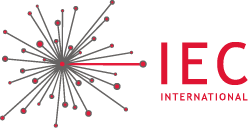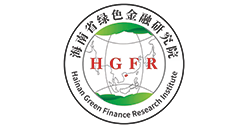- RU
- ENG
Speakers
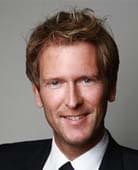
Henning Voepel
Director, Hamburg Institute for International Economics (HWWI)
Symposium Organizer
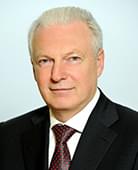
Igor Maksimtsev
Rector, St. Peterburg State University of Economics (UNECON)
Symposium Organizer
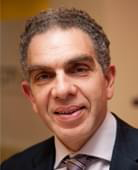
Marc Uzan
Executive Director, Reinventing BrettonWoods Committee (RBWC)
Symposium Organizer
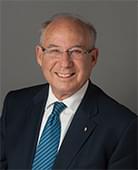
Jacob Frenkel
Chairman of the Board Frenkel -Zuckerman Institute for Global Economics Tel Aviv, Israel
Symposium Organizer
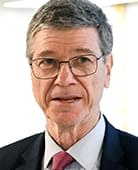
Jeffrey Sachs
Director of the Center for Sustainable Development at Columbia University and President of the UN Sustainable Development Solutions Network
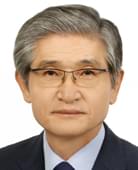
Rae Kwon Chung
Nobel Peace Prize Laureate; Member to Chairman of the International Award Committee of Global Energy Prize; Professor Emeritus, Incheon National University
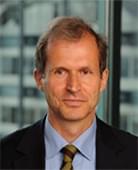
Erik Berglof
Chief Economist, Asian Infrastructure Investment Bank
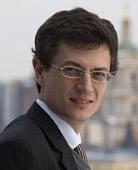
Yaroslav Lisovolik
Head of Research, Sberbank
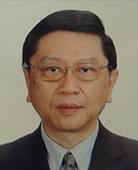
Qiao Yide
President, Shanghai Development Research Foundation
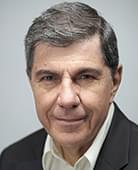
Jacques Sapir
Research Supervisor, The School for Advanced Studies in the Social Sciences (EHESS), Director, CEMI
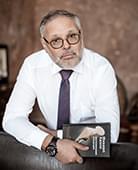
Mikhail Khazin
President of Economic Research Fund, Russian economist
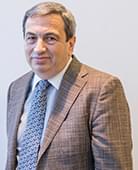
Yakov Mirkin
Head of division for analysis and forecasting of macroeconomic process, Center for macroeconomic analysis and short term forecasting
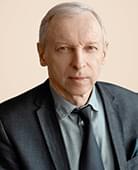
Boris Porfiriev
Research Director, the Institute of Economic Forecasting, the Russian Academy of Sciences
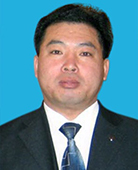
Qi Wenhai
Professor, Director of Eurasian Scientific Research Institute of Development, Heilongjiang University, China

Ekaterina Kozyreva
President of IEC International
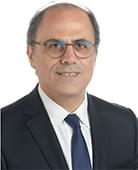
Jihad Azour
Director, Middle East and Central Asia Department, International Monetary Fund
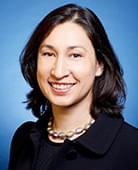
Elina Ribakova
Deputy Chief Economist Institute of International Finance
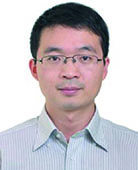
Cheng Lin
Deputy Director, Research Center of Green Finance Development, PBC School of Finance, Tsinghua University

David Daokui Li
Mansfield Freeman Chair Professor of the Department of Finance of the School of Economics and Management of Tsinghua University (China)
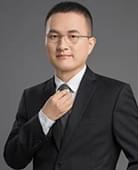
Dr. Chuanwei David Zou
Chief Economist of Wanxiang Blockchain
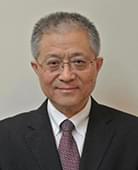
Xuejin Zuo
Research Professor, Shanghai Academy of Social Sciences, China
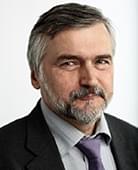
Andrei Klepach
Chief Economist, State Development Corporation “VEB.RF”
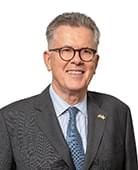
Andy Calitz
FutureEnergy/ Secretary General Elect, the International Gas Union
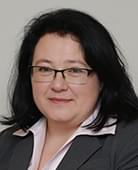
Natalya Volchkova
Professor of Economics, New Economic School, Policy Director, Center for Economic and Financial Research
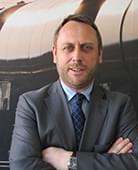
Xavier Wanderpepen
Director of Development of New Silk Road for Railway Freight Forwarding activities of Forwardis, the subsidiary of SNCF Group, Engineer in railway technology and management flow
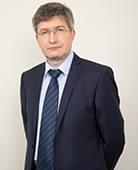
Aleksandr Losev
CEO of Sputnik - Capital Management, Presidium Member of the Council of Foreign and Defense Policy
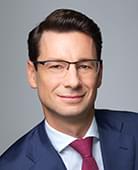
Alexander Liberov
President & CEO Siemens Russia
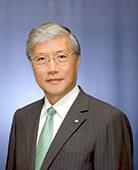
Richard Koo
Chief Economist of Nomura Research Institute
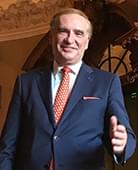
Jean-Pierre Loubinoux
Honorary Director General, International Union of Railways (UIC)
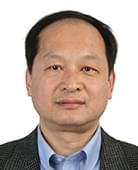
Ding Yifan
Vice Dean of Hainan Green Finance Research Institute

Michael Buchanan
Head Portfolio Strategy&Risk Group, Macro Strategy, Temasek International Private Limited
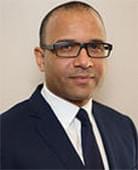
Ousmene Mandeng
Senior Advisor, Accenture
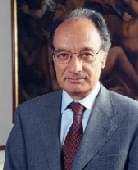
Alfonso Iozzo
Vice Chairman, Triffin Foundation
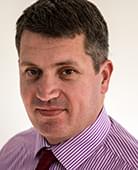
Richard Morton
Secretary General, International Port Community Systems Association

Carlos Moreno
Chair “ETI, Entrepreneurship, Territory, Innovation” at IAE-Paris, University Panthéon Sorbonne
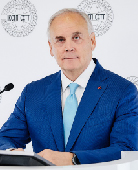
Gennady Bessonov
Secretary General, CCTT – Coordinating Council on Trans-Eurasian Transportation

Mengya Li
Director of Global Affairs, Shenzhen Thousand Cities Strategic Algorithms Cloud Technology Co., Ltd (TCSA)
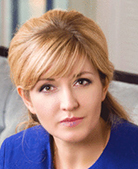
Elina Sidorenko
Head of the Working Group on Estimated Risk of Cryptocurrency, State Duma of the Russian Federation
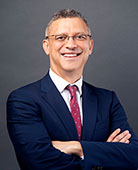
Leslie Maasdorp
Vice President and CEO, New Development Bank
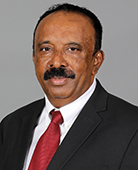
Logan Rangasamy
Academic Director and Adjunct Professor, Wits Business School

Binur Zhalenov
Advisor to the Governor of National Bank of Kazakhstan
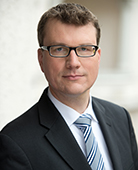
Carsten Mumm
CFA, is chief economist at DONNER & REUSCHEL AG
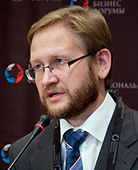
Oleg Solntsev
Head of the division for analysis and forecasting of macroeconomic process, Center for macroeconomic analysis and short-term forecasting
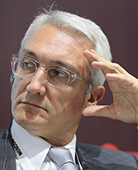
Rudiger Ahrend
Head of Economic Analysis, Data and Statistics Division, Centre for Entrepreneurship, SMEs, Regions and Cities
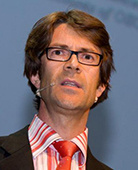
Nigel Jollands
Associate Director, EBRD
